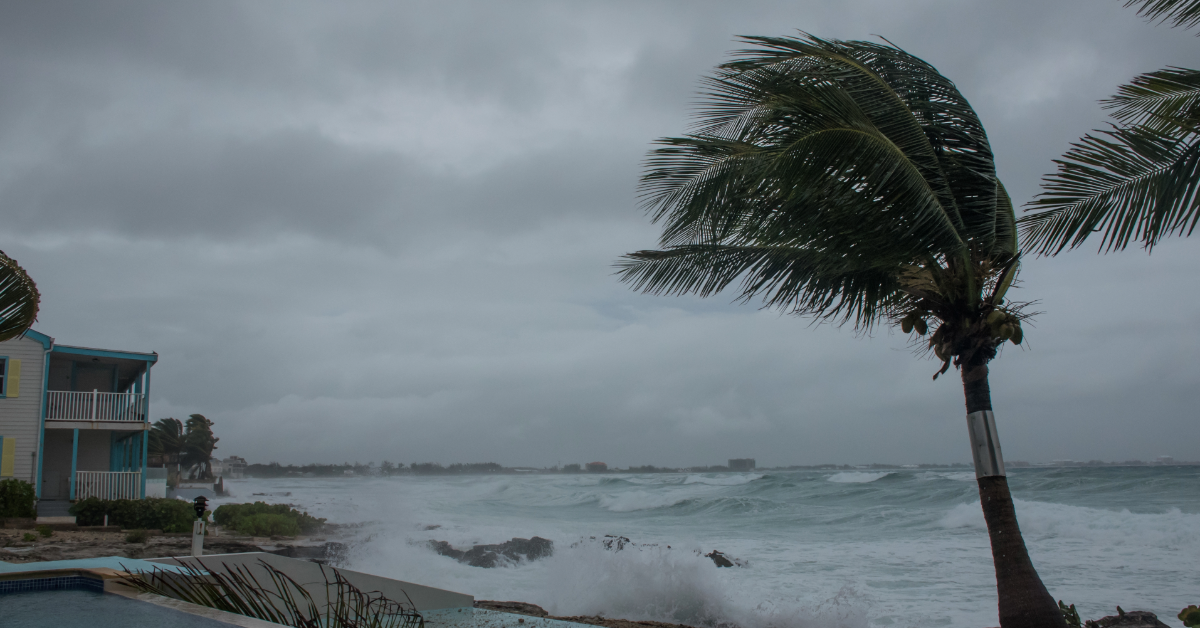Why I Care About Tampa’s Hurricane Readiness
Every year, I get calls from Tampa homeowners who realize too late that their “backup plan” isn’t enough.
As TRYPOWER Electric’s Master Electrician, I’ve seen families trust that a portable generator will cover them — only to discover the hard way that they’re not truly prepared for a long outage.
Generators are useful tools, but if you think that’s the only step you need to take for hurricane season, you’re leaving your home and family vulnerable.
The Realities of Hurricane Power Loss
It’s Not Just About a Few Hours Without Power
In Tampa, outages after a storm can last days — sometimes even weeks.
That means you’re not just keeping lights on. You’re protecting food in the fridge, medical devices, home offices, and even sump pumps that keep water out.
Generators Have Their Limits
-
Fuel Dependency: Portable generators run on gas or propane. Once supplies run out — and gas stations are closed — you’re stuck.
-
Limited Capacity: Most portable units can’t power HVAC, water heaters, or multiple large appliances.
-
Safety Risks: Incorrectly connected generators can backfeed power, creating deadly risks for line workers and violating code.
The Electrical Protection Most Families Forget
Whole-Home Surge Protection
Tampa is lightning country. After storms, power surges are common when the grid comes back online.
I’ve seen homes lose refrigerators, TVs, and even entire HVAC systems from one surge.
A generator won’t stop that — but a whole-home surge protector at your panel will.
Outdoor Service Disconnects
Florida Building Code now requires outdoor service disconnects for new builds and upgrades. Why?
Because when a storm damages your system, crews need a quick, safe way to cut power. If your home doesn’t have one yet, it’s worth adding for both safety and code compliance.
Dedicated Emergency Circuits
Instead of plugging into extension cords everywhere, I design dedicated “emergency circuits” tied to a transfer switch. That way, your fridge, essential lights, and even a medical device have guaranteed power — without guesswork or tripping hazards.
What Tampa Families Should Do Before Hurricane Season
Step 1: Schedule a Panel Inspection
Panels older than 20–25 years may not handle modern loads, let alone a generator hookup. If breakers are weak or outdated, your whole system is vulnerable.
Step 2: Plan for Critical Loads
Make a list of what you must power during an outage — HVAC, fridge, sump pump, or a home office. That’s how I size and design backup systems that actually work.
Step 3: Install a Safe Transfer Switch
A manual or automatic transfer switch is the only safe, code-compliant way to connect a generator. It protects your family, your neighbors, and utility crews.
Step 4: Think Beyond Generators
Consider solar with battery storage or hybrid systems. Many Tampa families are starting to invest in these because they recharge daily and don’t rely on fuel deliveries.
My Bottom Line for Tampa Homeowners
As much as I install generators, I’ll never tell you that’s all you need.
True hurricane power readiness means combining the right generator setup with surge protection, safe disconnects, dedicated emergency circuits, and a panel that’s built for the job.
I’d rather help you prepare now than see your family scrambling in the dark after the next storm.
📞 Call TRYPOWER Electric, Inc. today and let’s make sure your home is hurricane-ready — not just “generator-ready.”


